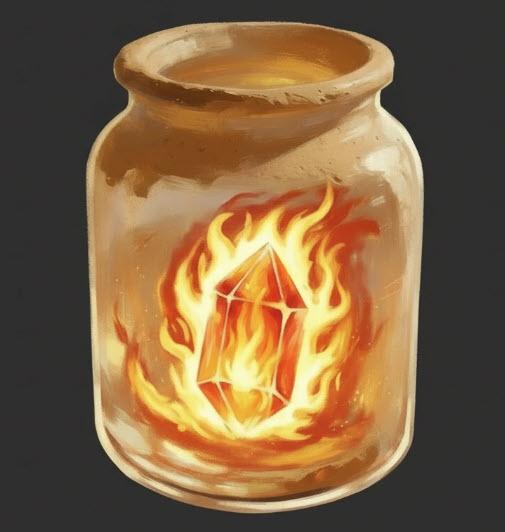Dazzled by Lewis. Finding Peace beyond “The Anxiety of Influence.” | Dreaming Beneath the Spires
We listened to C.S. Lewis’s The Magician’s Nephew on our holiday in Ireland.
It’s brilliant. I love the way Lewis puts literary and mythic flesh on Biblical verses and ideas—Aslan singing Narnia into being; Aslan touching his nose to dumb beasts to give them the power of speech; Fledge telling Diggory, “Aslan knows what you want, but he likes to be asked;” Diggory told by Aslan that he could have stolen the apple for his mother, instead of waiting to be given it, but that it would not have been a blessing for either of them.
The Chronicles of Narnia are probably the best work of literature (among those still widely read, as Paradise Lost or The Divine Comedy are not) that directly clothes Biblical truths with the garments of the imagination and poetry. That transmutes the Bible to literature.
* * *
I grew up in India, and did not grow up reading The Chronicles of Narnia.I think I first read them when I read them to Zoe, 11 years ago.
I was spellbound, and fascinated by Lewis’s pastiche of Greek and Nordic myth. And felt sad and wistful. I loved those myths too, and would have loved to write something so good, but felt that I had not been as soaked in myth, and literature and poetry as Lewis and Tolkien had, so could not.
And now, ten years later, I think: So what if I cannot write something as good as The Chronicles of Narnia?
Lewis and Tolkien loved mythology and ancient cultures and ancient languages and epics and literature and poetry. What they read shaped who they became. And what they wrote.
And for us who do not have their advantages of education, literary friendships, intellect, time, and discipline?
We will write different things that will be shaped by different influences. Lewis and Tolkien have sung their song. We will sing ours, to a different generation, and a different, if smaller, audience.
For instance, I read voraciously until I was married, and then have steadily been reading less, though this has picked up again now that both girls are teenagers (yay, on both counts). But have certainly read hugely less than Lewis or Tolkein.
But I have had other influences. Suffering. Depression. Disappointment. Failure. (And all these are splendid teachers!!) Having children. An initially difficult, now nourishing and happy marriage. Gardening. Intensive Travel. Wide friendships made, lost, some regained.
Intense involvement in church life. The lessons in running a smooth household. Immersion in art. Many non-literary intellectual interests. Living for over a decade each in three continents. Growing up as a member of a religious minority (Christian in India) in a non-Christian country, and then living as a member of an ethnic minority in America and England.
And these experiences and influences have been hand-picked for me for God to speak to and nourish the audience he has hand-picked for me.
* * *
Each of us writers and bloggers have our own audience predestined for us by God. We do not get to control its size, in our lifetime, or beyond. Milton, interestingly, fretted about how little he had written, and then surrendered that worry to God, writing
Yet be it less or more, or soon or slow,
It shall be still in strictest measure even
To that same lot, however mean or high,
Toward which Time leads me, and the will of Heaven;
All is, if I have grace to use it so,
As ever in my great Taskmaster’s eye.
* * *
We each of us have our own notes to add to the great literary symphony. We cannot control whether our output and readership will be “less or more, or soon or slow.”
But we can control, to a large extent, our use of time, our discipline, our spiritual lives!! For, as Milton said, “All is, if we have grace to use it so.”
Lord, give us the grace to use our talents well to be a blessing in the lives of as large an audience as you please to give us.







